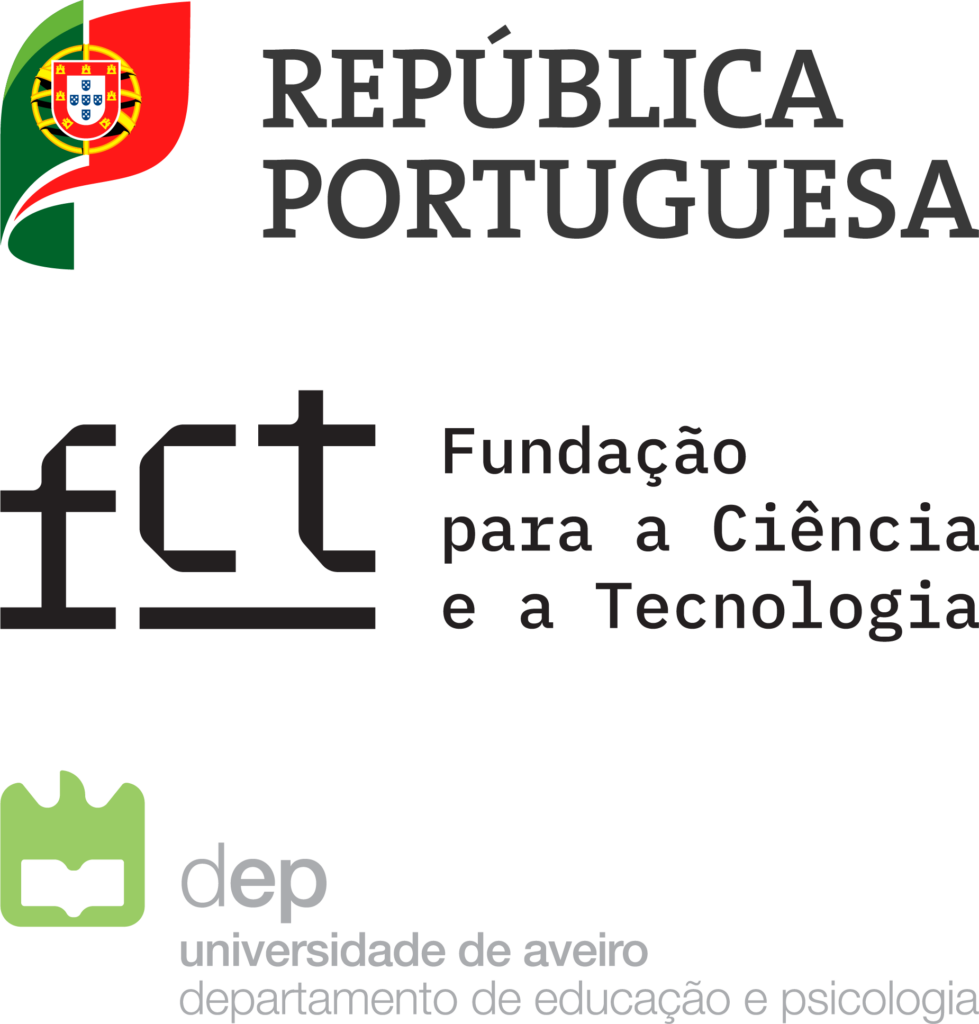A volume in the series: International Review of History Education
Rationale for the volume:
Etymologically, ‘history’ and ‘enquiry’ are closely linked – through its route in the Greek verb ἱστορέω (historéō), denoting the processes of enquiry, examination, observation and the process of recording or giving an account of what has been established through these processes.
Although prominent educationalists have understood school history as an active intellectual process involving the interrogation of the traces of the past for over a century (Keatinge, 1910) and although enquiry has prominent contemporary advocates around the world (for example, Barton and Levstik, 2004; Riley, 2000; van Drie and van Boxtel, 2008), we know very little about it, in robust empirical and in theoretical terms. The idea of enquiry also has prominent critics, who often model it as a mode of pure discovery learning and who criticize it as overly ambitious in expecting novices to think like experts (Willingham, 2010) or for confusing the epistemology of subjects with their pedagogy (Kirschner, 2009).
This volume proposes to enquire into historical enquiry in history classrooms and to address several linked questions, including the following:
– What does historical enquiry mean in history classrooms, what forms does classroom based historical enquiry take, and to what extent is it understood in differing ways in different contexts?
– To what degree is historical enquiry as conducted in classrooms similar to and different from enquiry conducted by historians?
– Given that enquiry is a term deployed across many school disciplines, how far is historical enquiry similar and/or different to enquiry in these other disciplines?
– What do we know about the affordances and constraints associated with enquiry based learning in history – what is the evidence of the effectiveness or ineffectiveness of enquiry based historical learning?
– What opportunities does ‘enquiry’ present for the future development of history curriculum and pedagogy and what contributions can empirical and theoretical research make to its development?
The volume will aim to address these questions through the reporting of individual theoretical and empirical research studies focused on historical enquiry, through case studies of curriculum and pedagogic interventions and national contexts, through comparative studies and through position papers exploring metahistorical questions.
Call for abstracts close, 1 April 2017
To submit an abstract, please go to the form at this link: http://bit.ly/2hnDYs5




